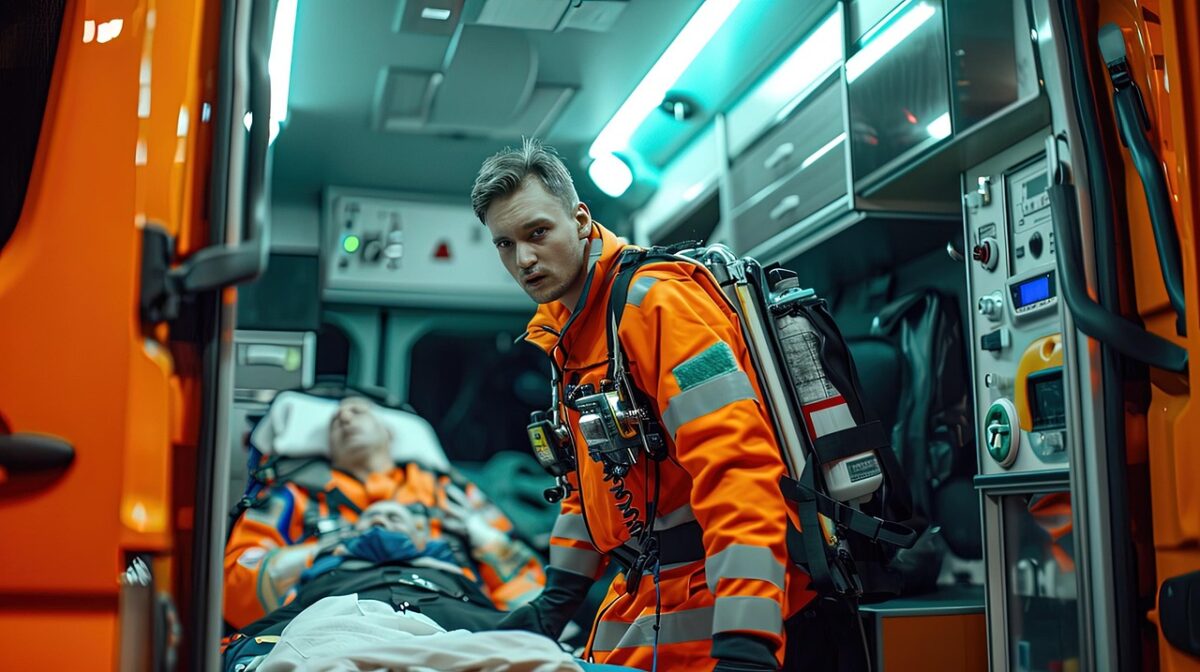Top 10 Must-Have EMS Vehicle Equipment for Emergency Responders

Modern EMS vehicles require comprehensive medical equipment and supplies, with costs averaging around $19,000 per vehicle to ensure readiness for any emergency scenario.

Modern EMS vehicles require comprehensive medical equipment and supplies, with costs averaging around $19,000 per vehicle to ensure readiness for any emergency scenario.